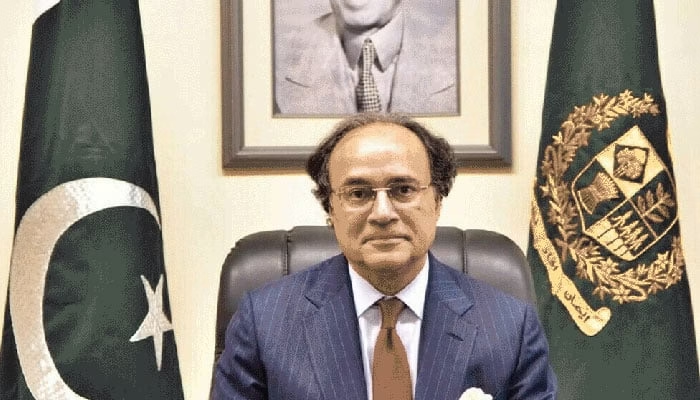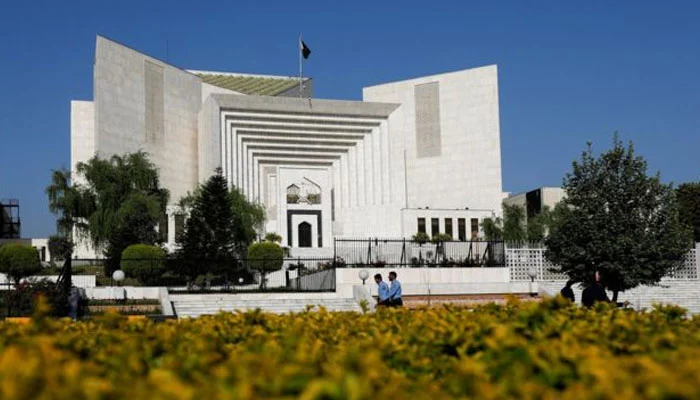Pakistan elected to UNHRC 2025 has been hailed as a major milestone in the country’s ongoing efforts to strengthen its role in international diplomacy and global human rights advocacy. Deputy Prime Minister and Foreign Minister Ishaq Dar announced the news on Tuesday, confirming that Pakistan secured a seat on the United Nations Human Rights Council (UNHRC) with an “overwhelming majority” for the 2026–2028 term.
Dar expressed deep gratitude to all UN member states for their confidence and support, emphasizing that the victory reflects Pakistan’s strong human rights credentials and commitment to advancing universal values of dignity, equality, and justice.
Pakistan’s Election to UNHRC Reflects Global Trust
The Pakistan elected to UNHRC 2025 victory underscores international trust in the country’s constructive role within the UN framework. According to Ishaq Dar, this outcome is not only a testament to Pakistan’s diplomatic influence but also recognition of its “contributions in strengthening the global human rights framework.”
He reaffirmed that Pakistan remains fully committed to collaborating with the global community based on tolerance, respect, universality, consensus-building, and engagement. The Foreign Minister also noted that Pakistan’s re-election highlights its consistent advocacy for the principles of fairness, justice, and mutual respect in international relations.
Pakistan’s Longstanding Role in Global Peace and Security
Pakistan’s election to the UN Human Rights Council did not occur in isolation—it is rooted in decades of active participation in United Nations peacekeeping missions and international development initiatives. As one of the top troop-contributing nations to UN peacekeeping forces, Pakistan has played a vital role in maintaining global peace and security.
Over the years, Pakistani peacekeepers have served in numerous conflict zones, including Africa and the Middle East, earning praise for their professionalism, dedication, and humanitarian service. This history of contribution further reinforces why Pakistan elected to UNHRC 2025 is seen as a deserved achievement that aligns with the nation’s broader global engagement strategy.
Strengthening the UN System Through Active Leadership
The Pakistan elected to UNHRC 2025 victory also complements Islamabad’s growing leadership roles within the UN system. In July, Pakistan assumed the rotating presidency of the United Nations Security Council (UNSC) for a month, where it prioritized dialogue, peacebuilding, and multilateral cooperation.
A month earlier, Pakistan was also named the vice-chair of the UNSC’s Counter-Terrorism Committee, which is responsible for overseeing the implementation of Resolution 1373 (2001)—a resolution aimed at strengthening international counterterrorism measures. These leadership positions illustrate Pakistan’s proactive role in supporting the UN’s mission to promote peace, stability, and human rights across the world.
Human Rights Advocacy and Future Commitments
By securing a seat on the UN Human Rights Council, Pakistan has renewed its pledge to uphold and promote the principles of the Universal Declaration of Human Rights. The Pakistan elected to UNHRC 2025 outcome will allow the country to actively contribute to policy development, advocacy, and global cooperation on issues such as gender equality, minority rights, freedom of expression, and socio-economic justice.
Deputy Prime Minister Ishaq Dar emphasized that Pakistan will use this platform to strengthen constructive dialogue, build consensus on contentious human rights issues, and address global challenges through diplomacy rather than confrontation.
Global Recognition of Pakistan’s Diplomatic Efforts
Pakistan’s re-election to the UNHRC has been widely regarded as an acknowledgment of its pragmatic and balanced foreign policy approach. The Pakistan elected to UNHRC 2025 victory reflects Islamabad’s consistent engagement with the United Nations and its member states in pursuit of global peace, sustainable development, and equitable progress.
Diplomatic analysts note that this success highlights Pakistan’s evolving image on the world stage—from being a peacekeeping contributor to becoming a policymaking influencer within the UN system. The development also signals growing confidence among global partners in Pakistan’s ability to engage constructively on sensitive human rights issues.
Challenges Ahead and Pakistan’s Vision for Human Rights
Despite the victory, the Pakistan elected to UNHRC 2025 journey also comes with responsibilities. Pakistan must now work toward addressing global expectations for transparency, equality, and inclusive governance, both domestically and internationally. The country’s representatives have already expressed their intent to focus on human rights challenges faced by developing nations, including poverty, climate change, and digital inequality.
Permanent Representative of Pakistan to the UN, Ambassador Asim Iftikhar Ahmad, recently emphasized that peacekeeping missions should not only maintain ceasefires but also address the underlying causes of conflicts. He called for better-equipped UN operations that can deter escalation and sustain long-term peace—an approach that aligns with Pakistan’s holistic view of human rights as intertwined with peace, justice, and development.
A Step Toward a More Just Global Order
The Pakistan elected to UNHRC 2025 development is more than just a diplomatic success—it’s a reaffirmation of Pakistan’s deep-rooted commitment to the ideals of global cooperation and human dignity. As Pakistan prepares to serve its term from 2026 to 2028, it stands ready to play an influential role in shaping global human rights discourse.
Through active engagement, consensus-building, and respect for diversity, Pakistan aims to strengthen the international human rights framework and promote a world where peace, equality, and justice prevail.



